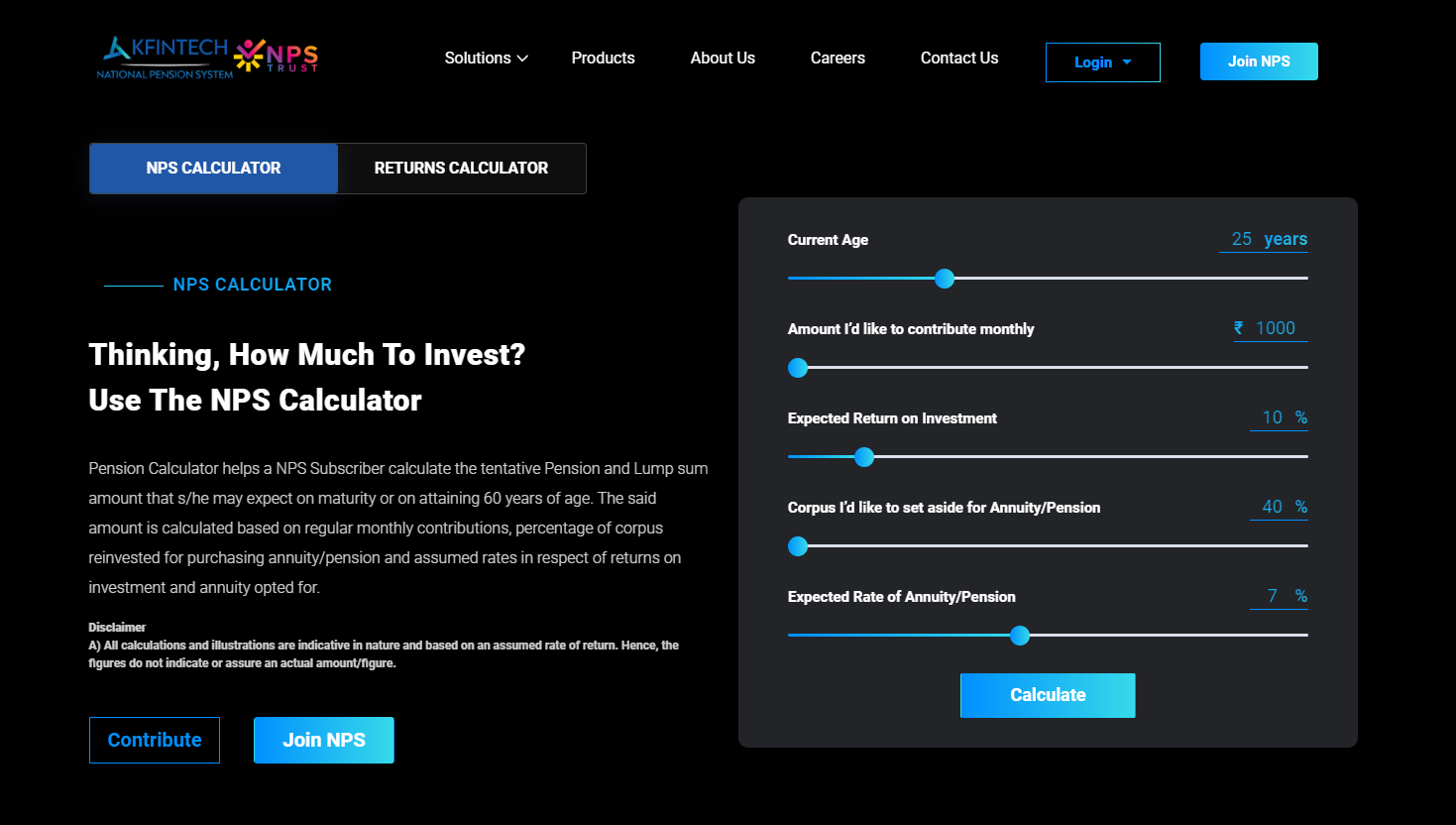If you are planning a trip to Italy, what would be your itinerary? You would look for the perfect time to visit as per your preferences, depending on your unique interests and desired destination.
While investing in global fund investments, your investment horizon and risk profile are equally important, which involve choosing the right combination of asset classes and analysing your goals. It is advisable for any investor to remember two crucial factors: diversification and asset allocation. A balanced risk-reward ratio can be achieved by investing in a variety of asset classes and diversifying your portfolio.
At first glance, global fund investments and foreign trips may appear to be unrelated topics. When you look closer, an intriguing correlation between the two becomes apparent. You tend to search online, watch videos, follow a few social media channels, discover major tourist attractions, etc. to get the idea of that place you are travelling.
While investing in global funds you need to gain valuable insights into the interconnectedness of the global economy and discover how your financial decisions can impact your financial goals in the long-term. Expanding into international markets can be a challenging endeavour.
Discover the essential steps to take before investing. Investing in international funds requires crucial steps:
- Research – Without it, you may be putting your investments at risk. Before entering a new market, it’s crucial to gain a deep understanding of its unique characteristics. Take the time to analyse prevailing trends, market dynamics, and consumer psychology to ensure success. By conducting a thorough analysis, you can determine the equities and funds that are poised for future success and allocate your funds accordingly.
- Invest – Most people who wander around the world start with their own country. The same scenario applies to global fund investments. Once people have invested in well-performing mutual funds in India, only then they will prefer investing in international funds.
You need a passport along with a visa and tickets to board foreign flight. But, fortunately this is not the case with global funds. Investing in global funds and asset classes is just as easy as investing in domestic funds. You have the option to invest directly through an asset management company (AMC), an investment advisor, or through user-friendly online investment platforms.
Now, when investing in global funds, you need to consider the tax implications
- Taxation – You can experience the same tax implications on international funds as you would on debt funds and maximise your returns by holding your funds for over three years. And this is not all, you can also enjoy the benefits of long-term categorization and a tax rate of only 20% post-indexation. You can unlock the power of indexation factors that consider the inflation rate during the holding period and seamlessly adjust the acquisition cost to get potentially maximum returns.
Conclusion
When you book tickets, people recommend taking advice from a trip advisor. The same implies in global fund investments: take help or guidance from a fund manager before you board a flight to international funds.









